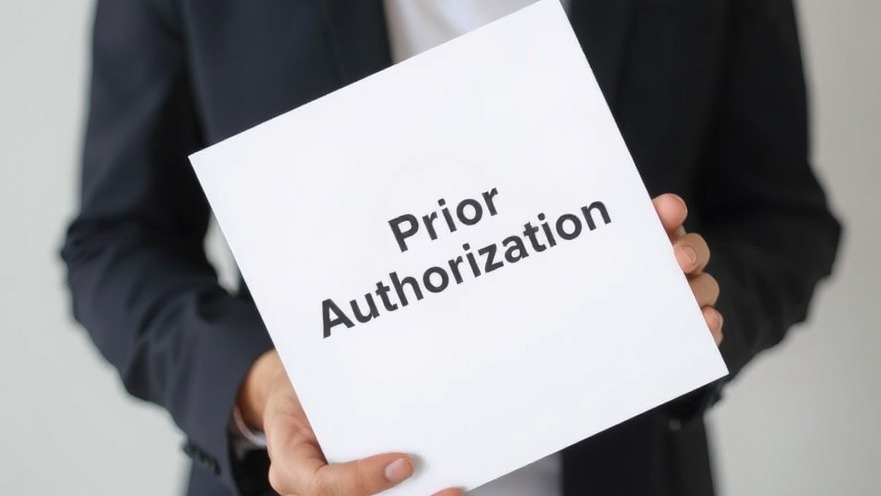
The Misunderstanding of 'Do No Harm'
The phrase “do no harm” is often regarded as the foundation of medical ethics, yet its meaning is frequently misinterpreted. A simple directive suggesting that healthcare providers must avoid causing damage to their patients can carry profound implications for medical practice and patient care.
The Complexity Behind a Simple Phrase
This phrase encapsulates the essence of medical professionalism, aiming to balance treatment efficacy with potential risks. However, many practitioners may overlook the nuances involved. For example, while prescribing medications, the intention to alleviate symptoms can sometimes lead to adverse effects, putting the patient at risk. This dichotomy illustrates why understanding the implications of this phrase is crucial for both healthcare providers and patients.
Health and Wellness: The Bigger Picture
As society evolves, so do the challenges within the healthcare system. The traditional approach of “do no harm” is being expanded to encompass broader concepts of health and wellness. This shift emphasizes preventive care, patient education, and a holistic view of health—encouraging practitioners to consider long-term outcomes rather than immediate fixes.
Actual Case Studies: Learning from Experience
In recent discussions, healthcare professionals have pointed to several cases where the intention to “do no harm” unintentionally resulted in negative consequences. The opioid crisis, for example, started with the best intentions but has shown the importance of critical thinking and vigilance in medical prescribing practices. Understanding these real-world implications is vital for encouraging a more responsible approach to patient care.
Bridging Knowledge Gaps Through Education
A better understanding of medical ethics and the phrase “do no harm” hinges significantly on education within healthcare systems. Ongoing medical training incorporating these ethical principles can empower professionals to make informed decisions, ultimately protecting patient well-being. Such initiatives would cultivate a culture of responsibility and enhance the healthcare community's integrity.
Engaging in Open Dialogue: A Step Toward Better Outcomes
Discussion around “do no harm” can warrant pushback. Diverse perspectives can fuel debates on what it truly means to prioritize patient safety and how to put it into practice. Engaging in open dialogue not only highlights these differing views but also encourages healthcare professionals to reevaluate their methodologies and grow in their practice.
The Role of Technology in Health
Today's advancements in technology create avenues for more personalized, preventive care. Data-driven insights can guide professionals in adhering to the “do no harm” principle while leveraging new tools. By integrating technology into daily practices, healthcare providers can make more informed decisions and monitor patients effectively, fewer adverse outcomes.
What Does This Mean for You?
For patients, understanding the implications of “do no harm” fosters a more proactive role in personal health. Being informed about potential risks and communicating openly with healthcare providers can pave the way for collaborative care models, where patients and professionals work together to navigate complex health decisions.
Take Charge of Your Health Journey
As we delve into the intricate layers of what it means to “do no harm,” it’s essential to acknowledge one's agency in personal health management. This knowledge equips you to advocate for your health better and fosters a strong relationship with your healthcare provider. Stay informed, engage in discussions, and don't hesitate to ask questions.
For those seeking to deepen their understanding of health and wellness, consider exploring resources focused on patient-centered care, and be proactive in ensuring your health is prioritized. Listening to expert discussions on healthcare topics can illuminate pathways toward better health decisions and practices.
 Add Row
Add Row  Add
Add 




Write A Comment